UK business leaders push for new campaign to reverse Brexit
The UK’s largest business organization is privately pushing for a new campaign to reverse Britain’s planned exit from the European Union as concerns mount about the viability of London’s plan to prevent a collapse in exports to the EU.
On Monday, the Confederation of British Industry (CBI) launched its most sustained attack yet on the government’s Brexit strategy by calling for full customs union with the EU and single market participation, even if it means abandoning the pursuit of separate trade deals with the rest of the world.
Senior figures at the CBI’s policy council are urging a national rethink of the decision to leave the EU, perhaps through a second referendum or an election.
“It’s not for us to say [whether to reverse Brexit], we are simply pointing out that you need single market access and you need a customs union,” said a spokesman, Charles Naylor. “If someone concludes that we therefore need to retest this, that’s a political decision, we are just being very practical about it.”
The group said it has decided to speak out about the problems of the government’s approach to Brexit after “thousands of conversations” and meetings with its members over the last two to three months.
“There may come a day when the opportunity to fully set independent trade policies outweighs the value of a customs union with the EU. A day when investing in fast-growing economies elsewhere eclipses the value of frictionless trade in Europe. But that day hasn’t yet arrived,” CBI director general, Carolyn Fairbairn, told an audience at Warwick University on Monday.
UK government ministers reacted furiously to the CBI’s Brexit stance, which now directly challenges the British strategy of leaving the EU customs union so that new trade deals can be pursued outside a common tariff area.
Foreign Secretary Boris Johnson responded by arguing that such a stance undermines the central goal of Brexit.
Calls are growing by anti-Brexit campaign groups for a second referendum and giving the Parliament and the electorate a chance to reconsider the decision to leave the EU once it is clear what kind of deal Prime Minister Theresa May has been able to negotiate.
Turkey will bury Syria’s Kurdish militia if they fail to disarm: Erdogan
VIDEO | Christmas in Syria: Hope amidst uncertainty
Israel attacks eastern Lebanon for first time since ceasefire
‘Christ under rubble’: Christians in Gaza mark another Christmas amid genocide
Iran’s president extends condolences to Azerbaijan’s Aliyev over plane crash
VIDEO | Press TV's news headlines
Iran says Christmas opportunity to remind ourselves of Jesus Christ call for 'justice, peace'
VIDEO | Eyewitness video shows moment of plane crash in Kazakhstan


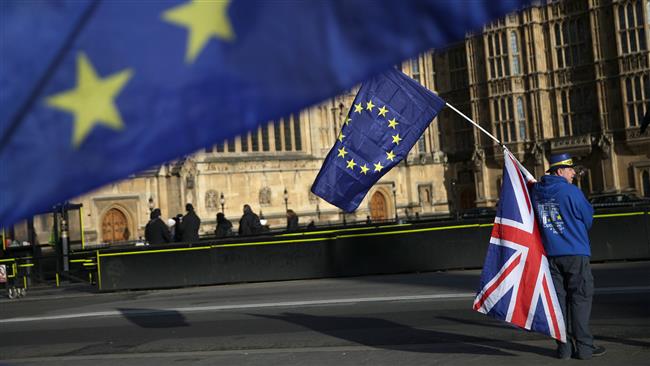







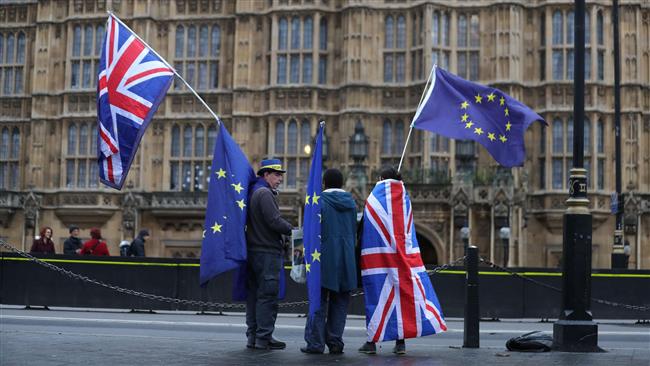
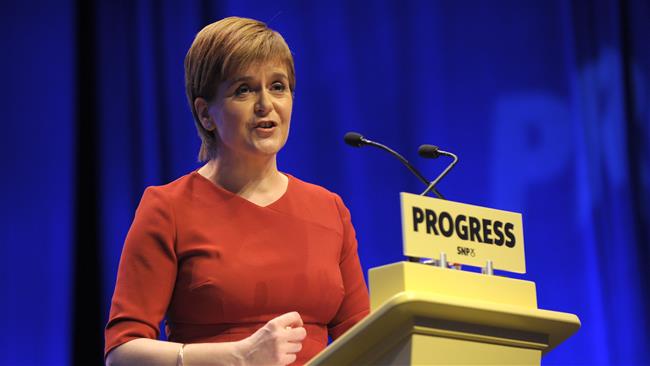
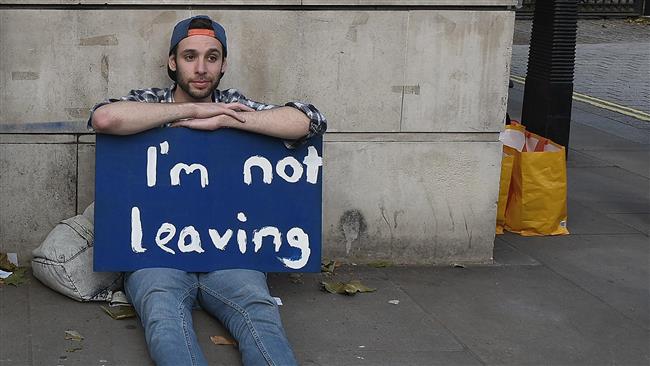
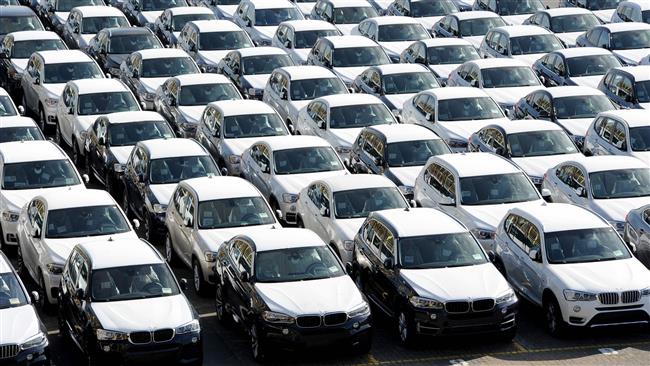
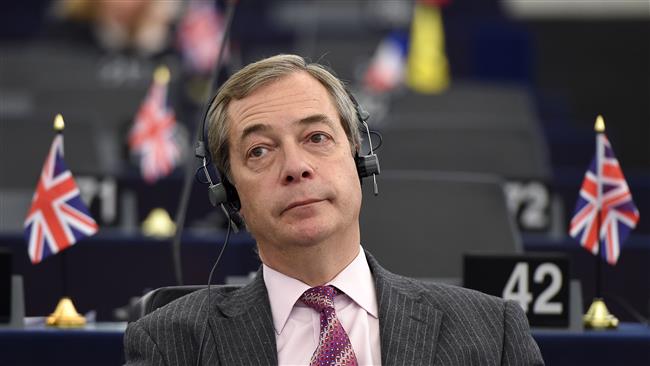
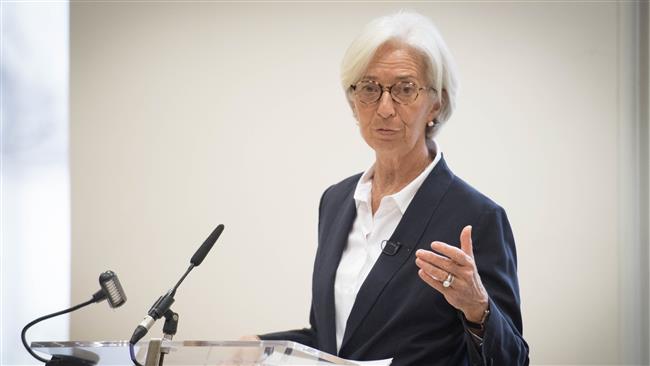

 This makes it easy to access the Press TV website
This makes it easy to access the Press TV website